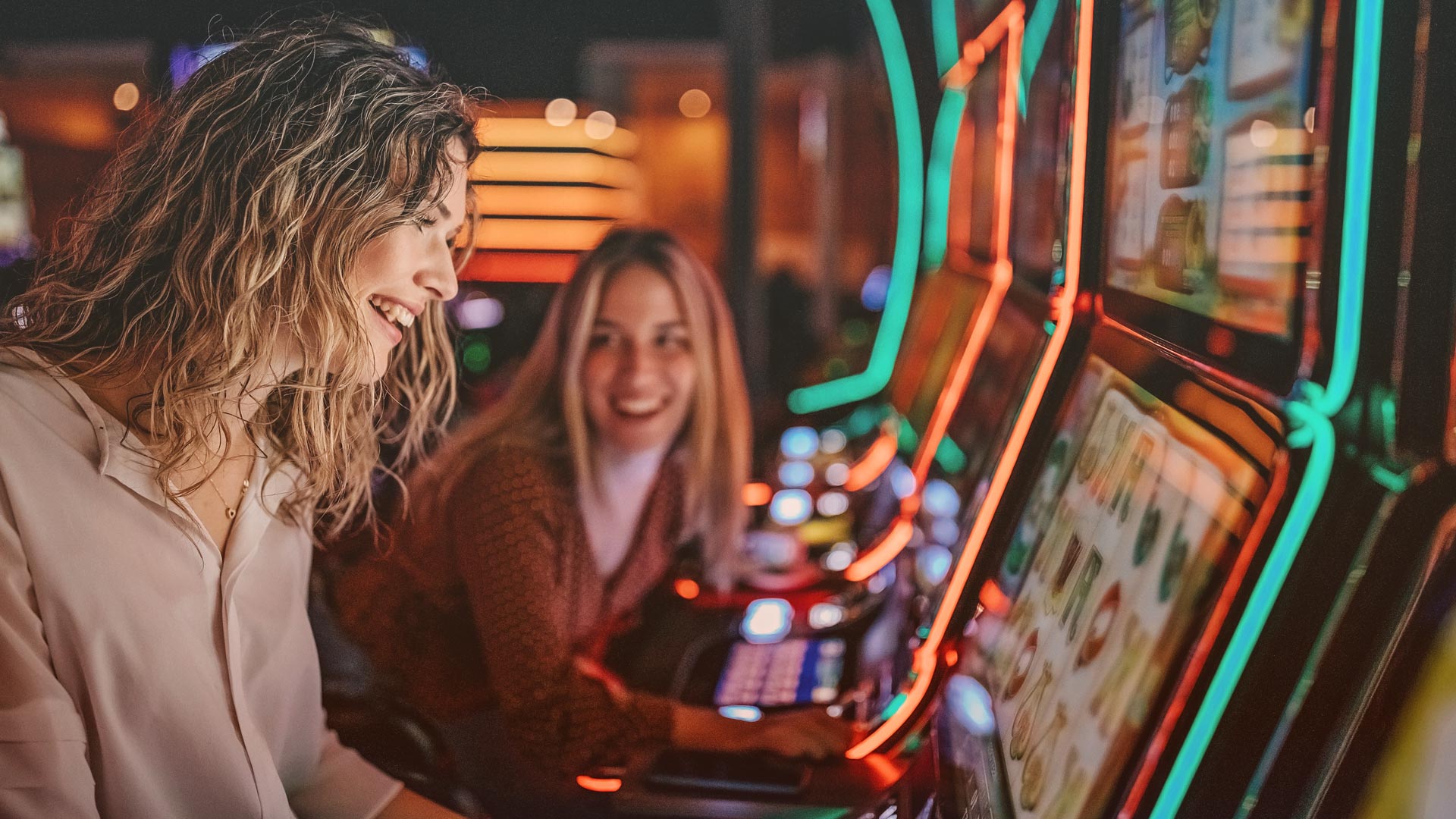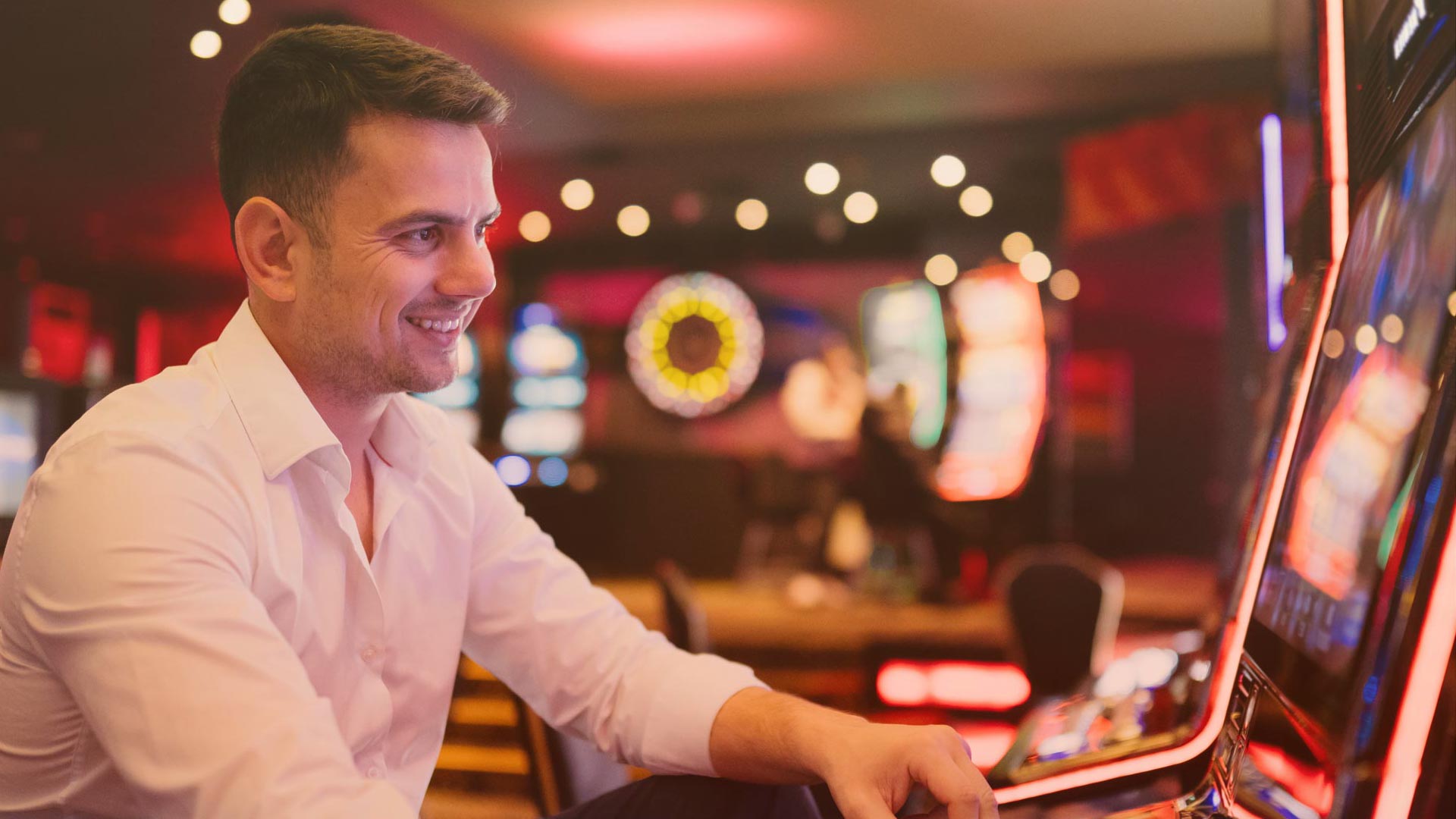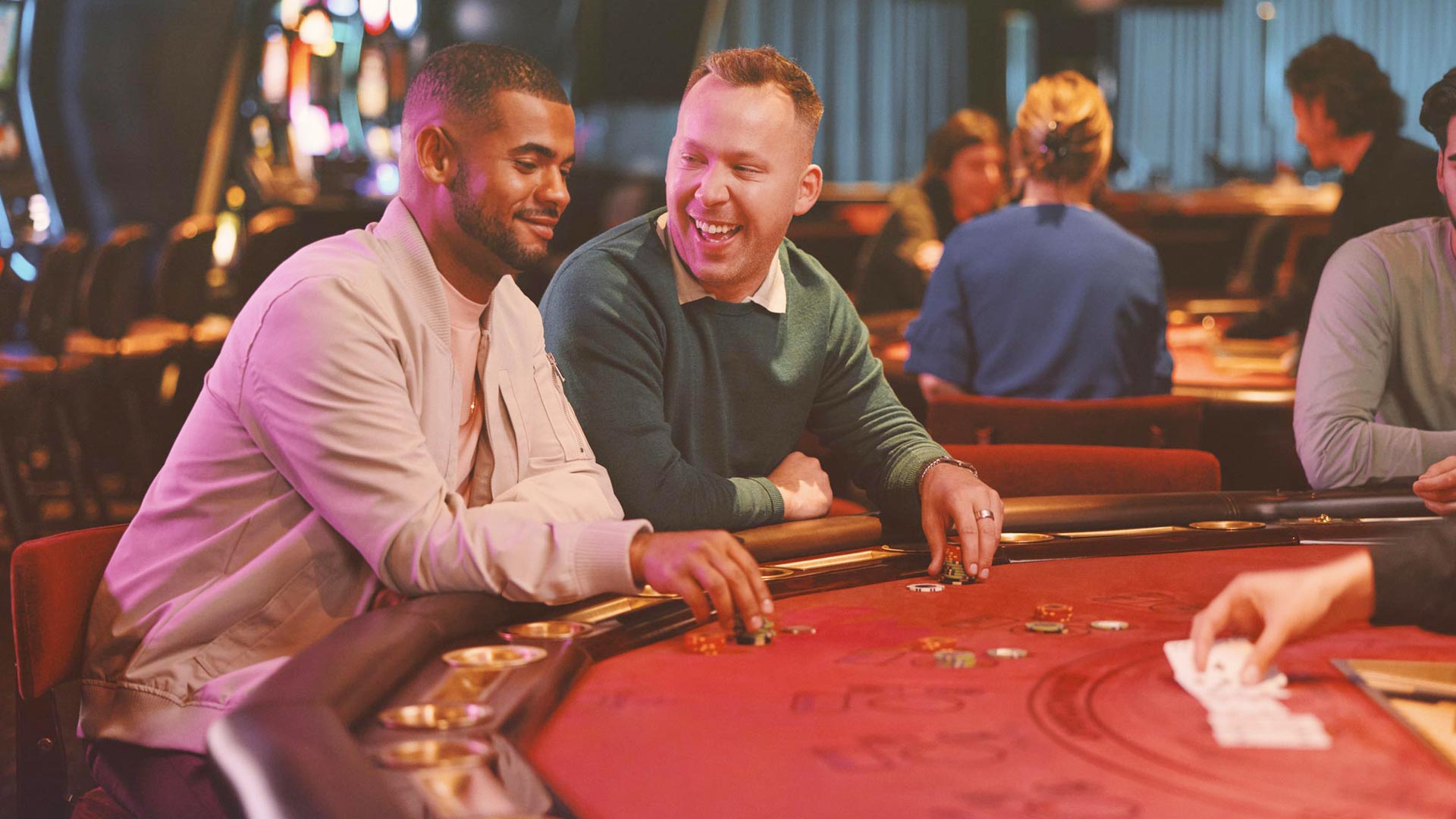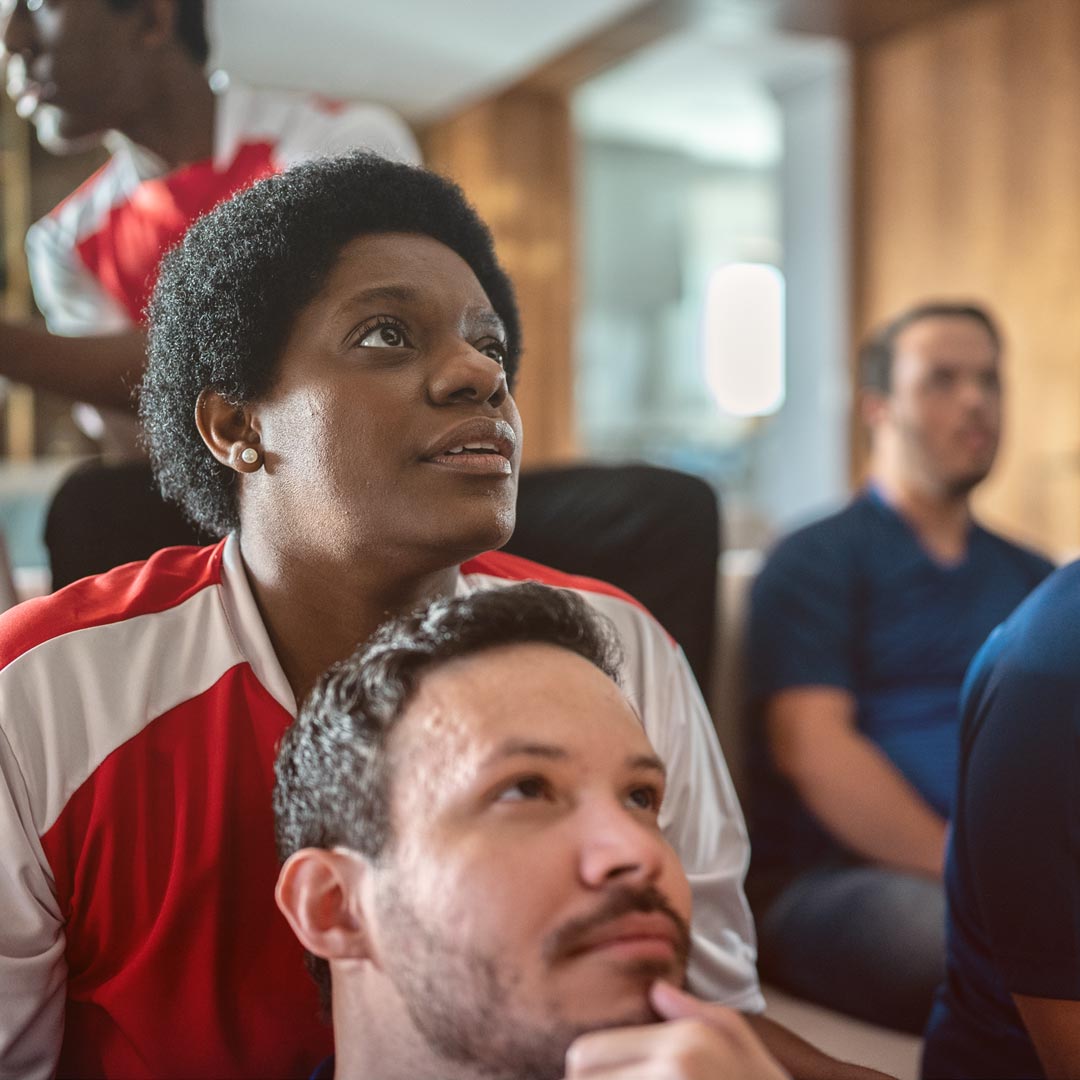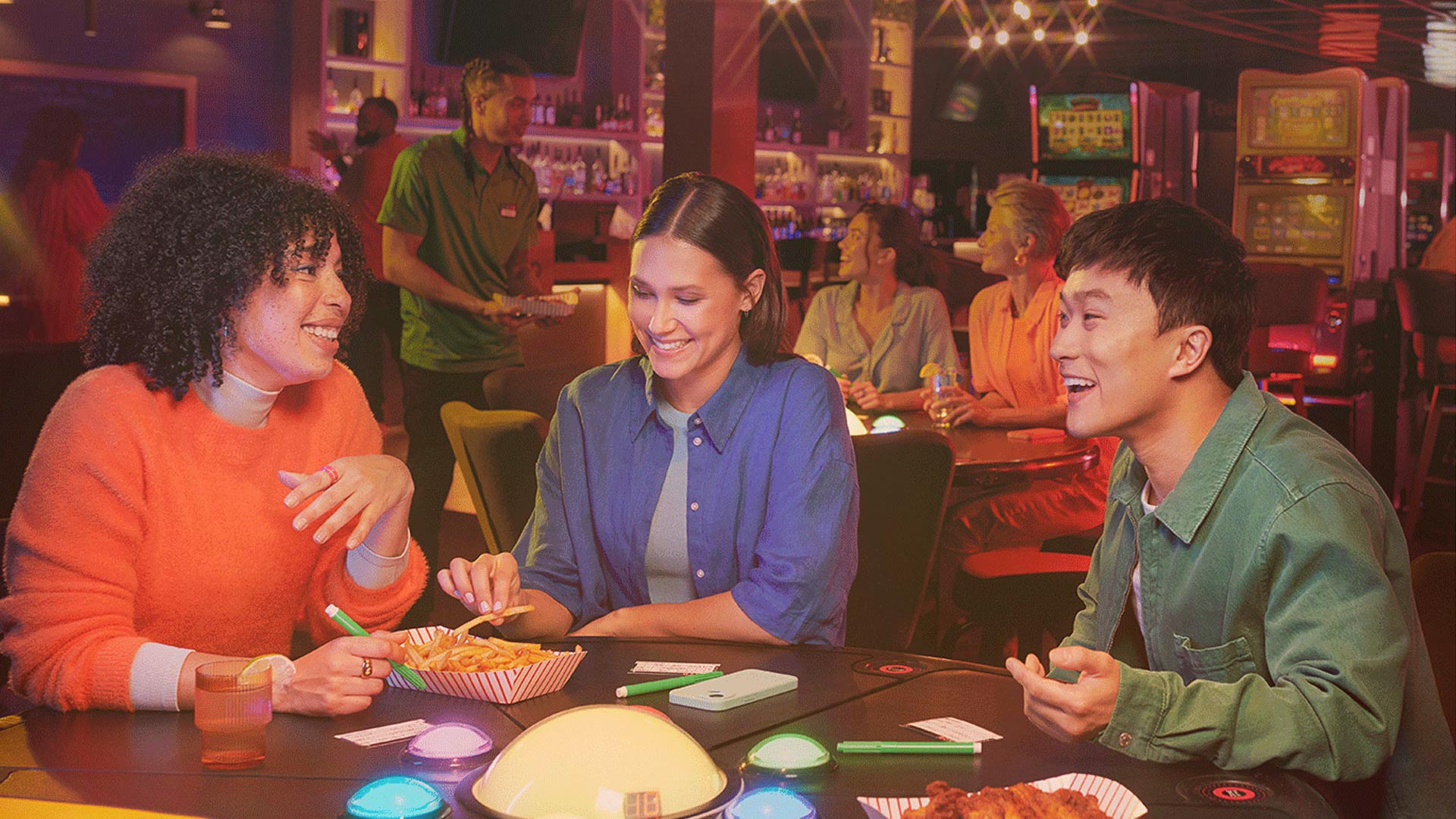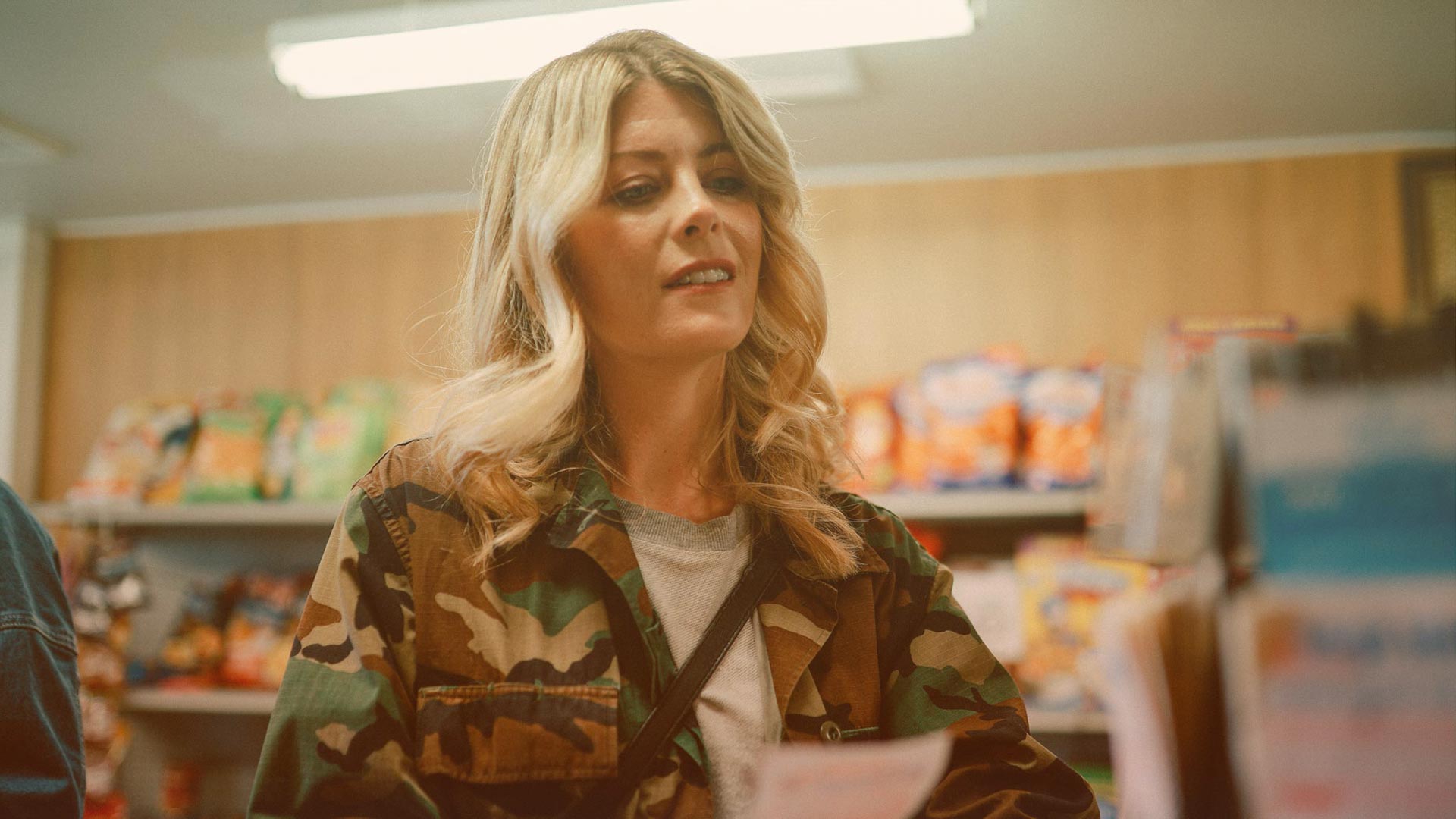Demystifying beliefs
In the face of uncertainty, it's easy to tell ourselves we can predict chance if we make the effort and are clever enough. Such thinking creates beliefs that may sometimes play tricks on us. Let’s see if you can outsmart them. Test yourself!
If a table game’s odds of winning are 1 to 20, when we play 21 times, we’re sure to win.

False.
That shows a misunderstanding of how odds work. Since cards are randomly shuffled and dealt, the odds of getting a pair of aces, for example, are the same for every hand. This has been shown on a large scale over thousands of games. We could play 230 times and never get it—or play twice and get it twice.
If we keep on playing, we can make back what we lost, since chance always ends up turning.

False.
Perseverance doesn’t pay off when it comes to games of chance. Playing to “recoup” our losses is a risky myth since it statistically leads to more losses than wins. Generally, our odds of losing outweigh our odds of winning, and games are designed to give the house an edge.
Specific numbers or rituals can bring some people luck.

False.
Rituals and lucky charms may inspire confidence and ease anxiety. Some are cultural or traditional. But without taking anything away from their significance, they don’t influence chance. We can use them for fun, but they mustn’t change how we perceive risk.
We can improve our skills at some games and increase our odds.

True!
And yet, despite our strategies, poker faces, or knowledge of a particular sport, we can’t overcome chance—it prevails in every game and sporting event.
Some games give “hints” when they’re about to pay up.

False.
Games are random: Results are not set beforehand. The odds of winning and losing are the same with each new round. This is what we call the independence of events. There is no strategy that can influence or predict results.
After three “heads” in a row, the odds are that we’ll get “tails” on the next flip of the coin.

False.
The belief that, after a series of identical occurrences, the odds of a different result are greater is wrong. We tell ourselves that the game is just about “due” to pay up. In truth, the odds are the same every round: When we flip a coin, the odds of landing on “heads” are 1 out of 2, just like in the previous round.
1 / 6



